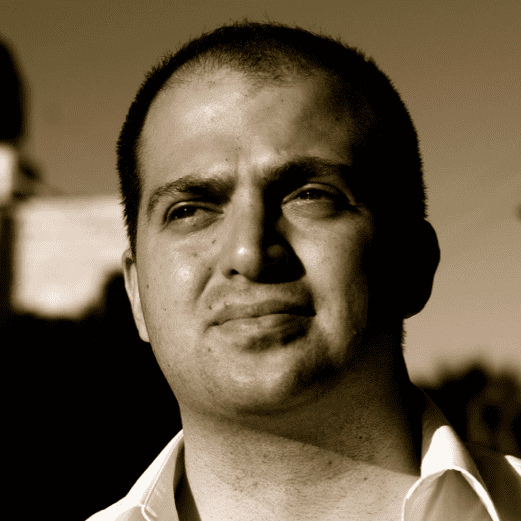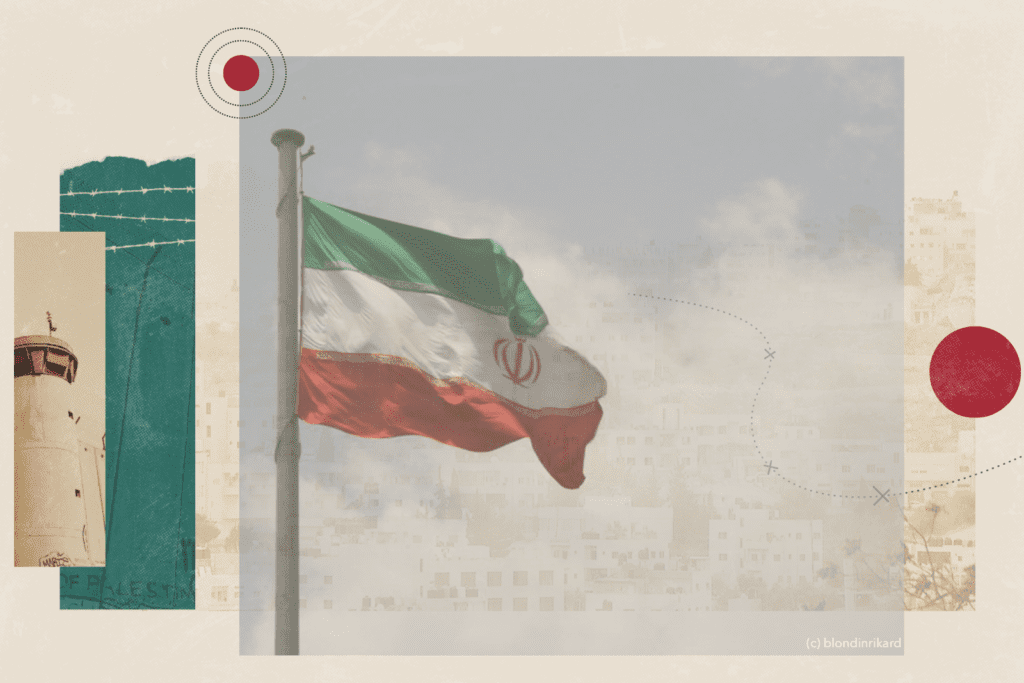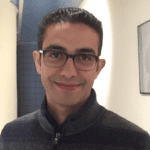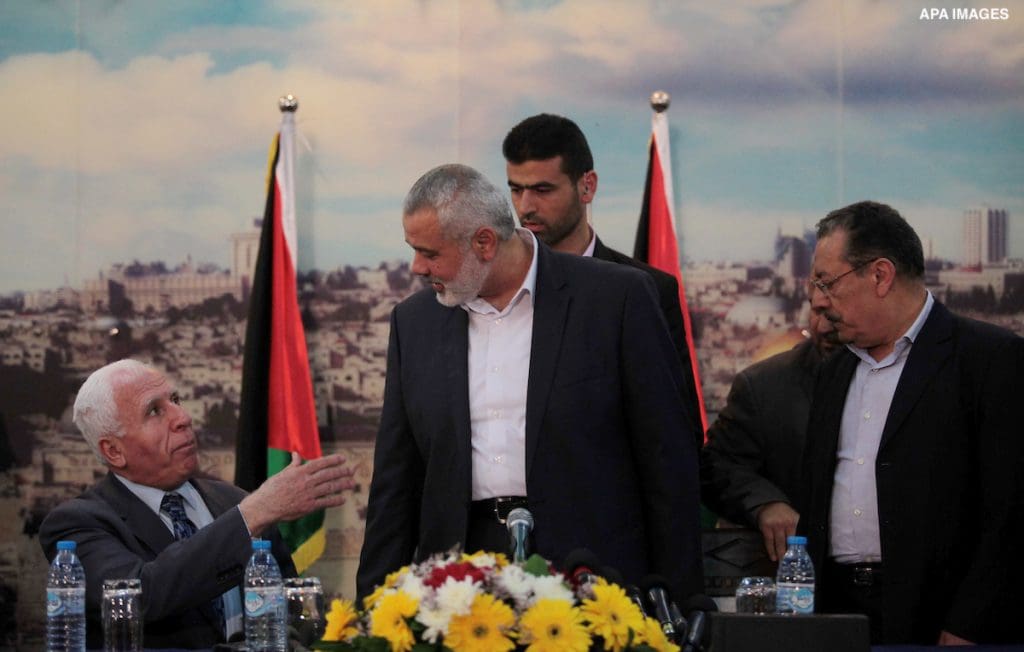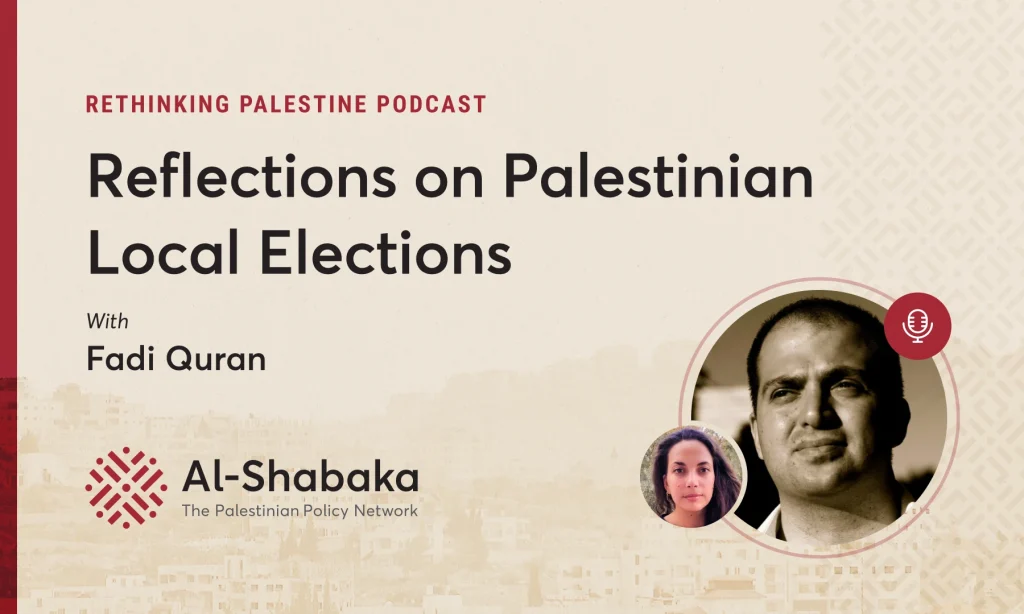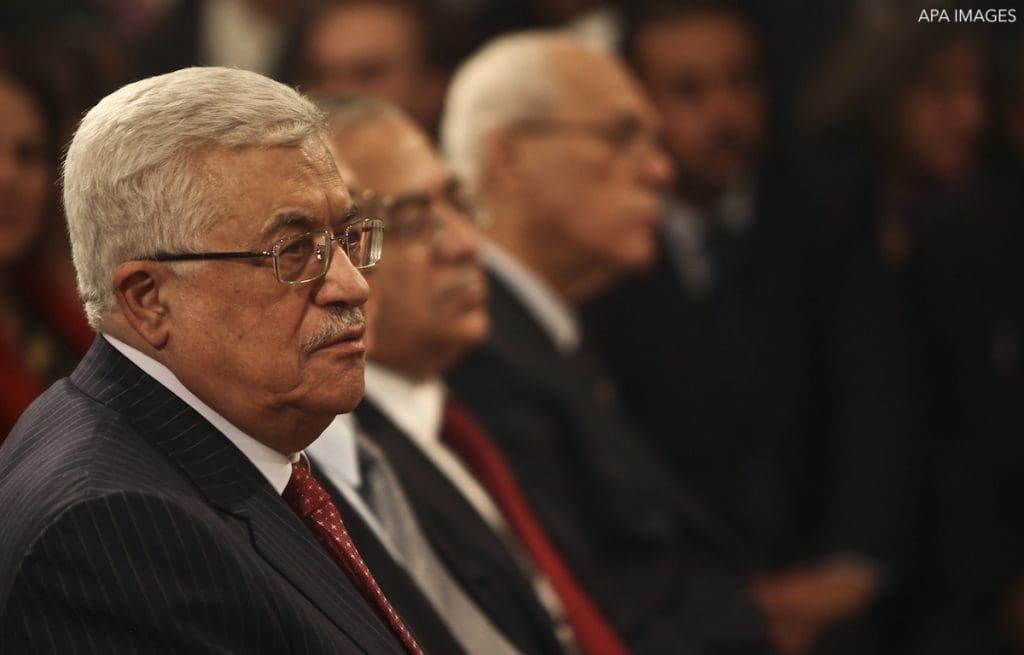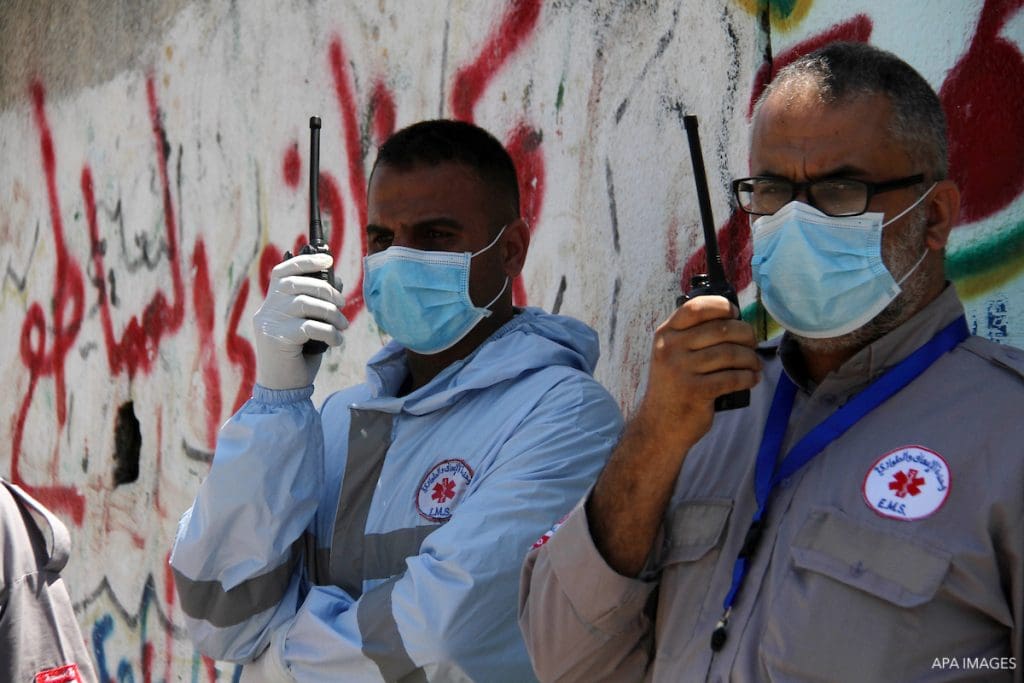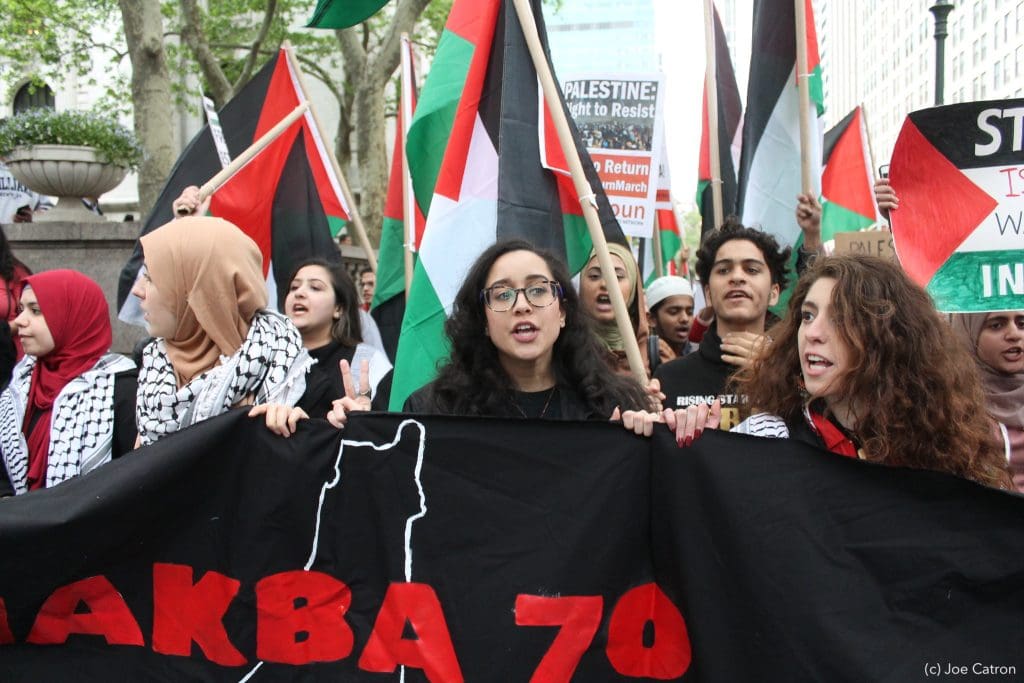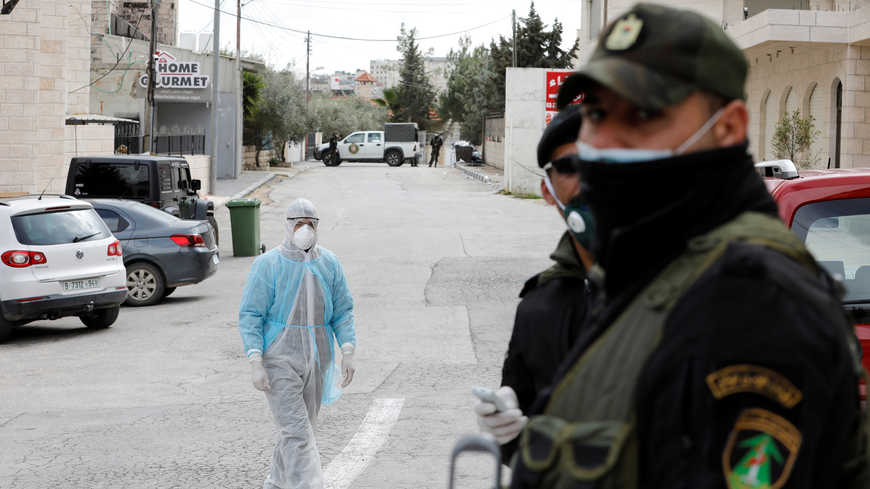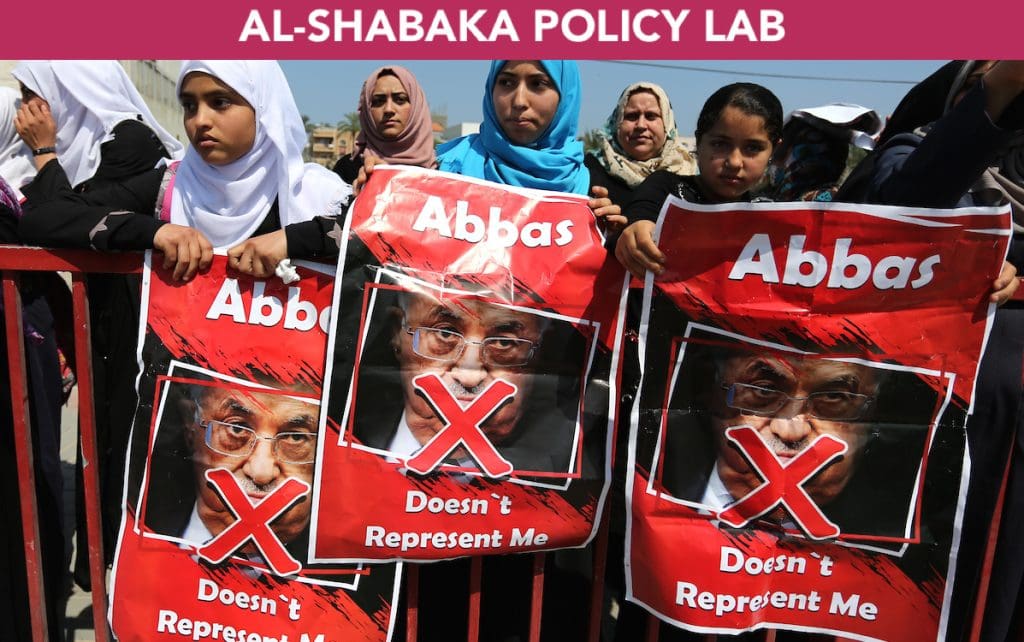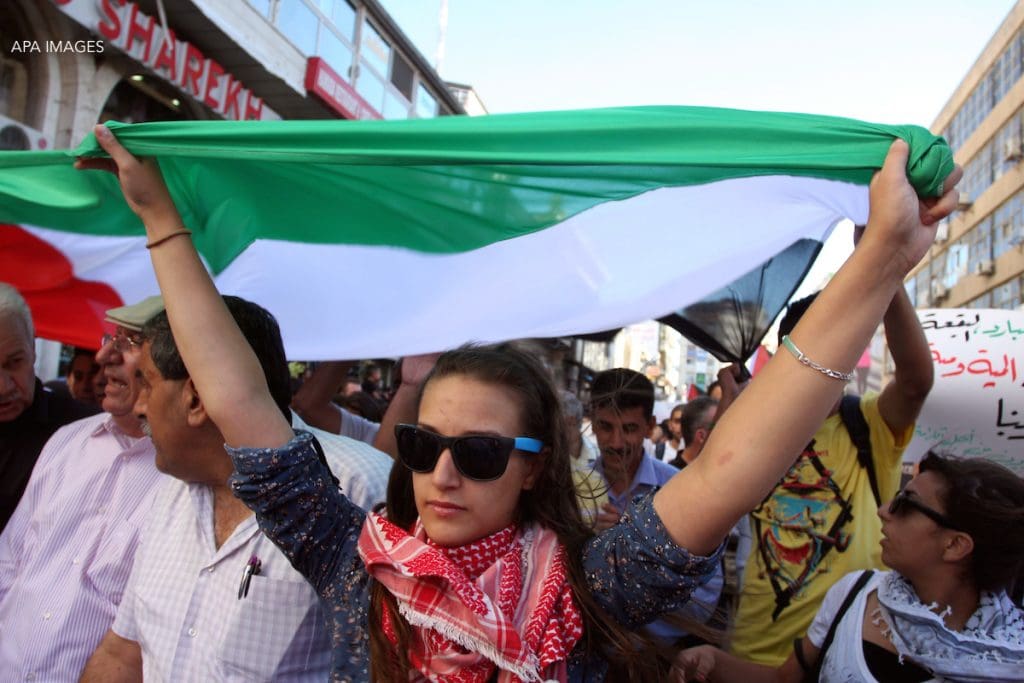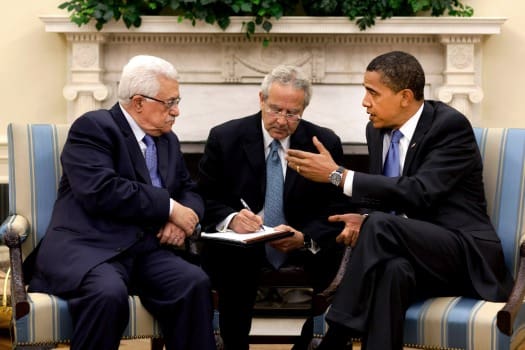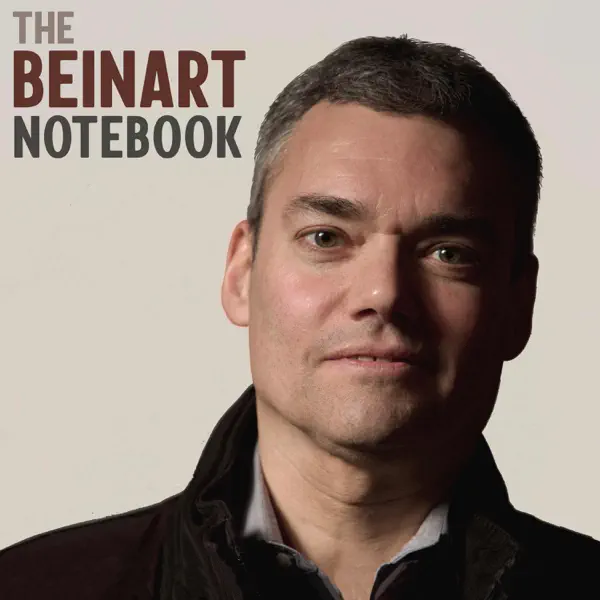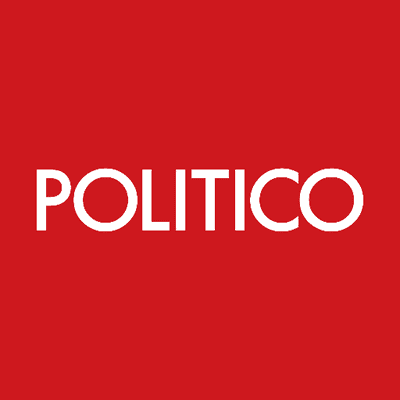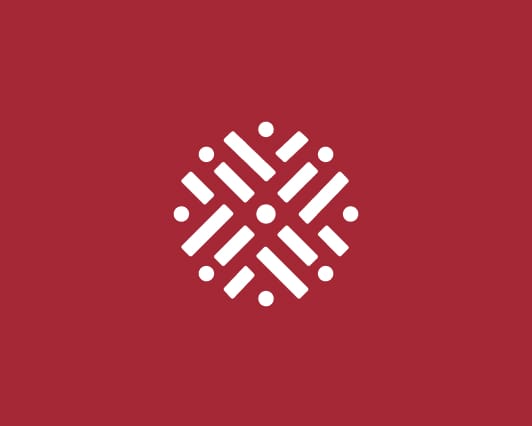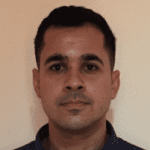Al-Shabaka Policy Member Fadi Quran is a Senior Campaigner at Avaaz and a Popular Struggle community organizer. He previously served as UN Advocacy Officer with Al-Haq’s legal research and advocacy unit. Apart from his work in advocacy and international law, Fadi is also an entrepreneur in the alternative energy field, where he has founded two companies bringing wind and solar energy to Palestine and other countries in the region. Fadi holds degrees in Physics and International Relations from Stanford University.
From this author
While it remains unclear how and when Israel will respond to Iran’s operation, geopolitics have undoubtedly already shifted. In this roundtable, Al-Shabaka analysts Fadi Quran, Fathi Nimer, Tariq Kenney-Shawa, and Yara Hawari offer insights on the regional impact of Iran’s recent maneuver and situate the ongoing genocide in Gaza within this broader context.
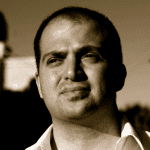



+
As the Israeli regime continues its genocidal campaign against Palestinians in Gaza, many have begun to weigh in on the future of Hamas and of Palestinian leadership more broadly once the bombardment ends. One of the dominant proposals is the revival of the Palestine Liberation Organization (PLO), with Hamas as a member party.
But revival of the PLO requires more than bringing Hamas into the fold, as the Fatah-controlled PA has effectively whittled down the PLO to a barren institution. What then, beyond inclusion, is needed in order to resuscitate the viability of the PLO? In an effort to strengthen the generative thinking around these questions, Al-Shabaka revisits a collection of its past works that sought to confront this very topic.
Fadi Quran joins host Yara Hawari to discuss the main outcomes of the recent Palestinian local elections and the historical role of municipalities in Palestine. They also discuss the value of elections under military occupation and settler colonialism.


The Palestinian national movement is in an acute state of crisis, and the Palestinian political system and institutions are incapable of bringing the Palestinian people closer to realize their rights. The existing style of governance and models of leadership prove on a daily basis to be unfit for present and future Palestinian generations seeking equality, justice, and freedom above all.
The Palestinian Authority (PA) won praise for its handling of the first wave of COVID-19 that swept over the occupied Palestinian territory (OPT) in the spring of 2020. However, while many of the challenges the PA faced were due to ongoing Israeli assaults on Palestinian lives, lands and rights, others can be traced to decades of domestic mismanagement and misuse of resources together with growing authoritarianism.


How can the PLO maintain accountability as both a national liberation movement and governing body? How might Hamas and Islamic Jihad be integrated after decades of exclusion? What models of Palestinian youth leadership can be further developed?


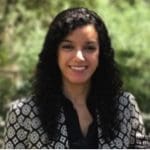

+
The response to the COVID-19 pandemic in Palestine brings back to focus central questions surrounding the resilience of Palestinian Authority leadership and the efficiency of its governance in times of crisis.
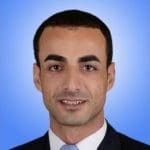


Current Palestinian governance is facing a legitimacy crisis. So what alternative options exist? Is a fully representative leadership even possible in the Palestinian context?



Though prospects for self-determination appear hopeless under the current Palestinian leadership, Al-Shabaka analyst Fadi Quran argues that a new generation of young leaders is emerging with the potential to achieve Palestinian liberation. He outlines their challenges and opportunities in light of past leadership trends in this contribution to Al-Shabaka’s Policy Circle on Leadership and Accountability.

Fadi Quran· Jun 7, 2018
Once the US elections drama concludes, some believe Barack Obama will seize a final opportunity to act on Palestine-Israel. In this roundtable, Al-Shabaka policy analysts debate the probability of such a step, what form it could take, possible pitfalls, and what Palestinians should be doing to further their quest for freedom, equality, and self-determination.



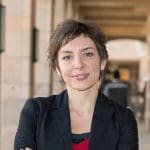
+






